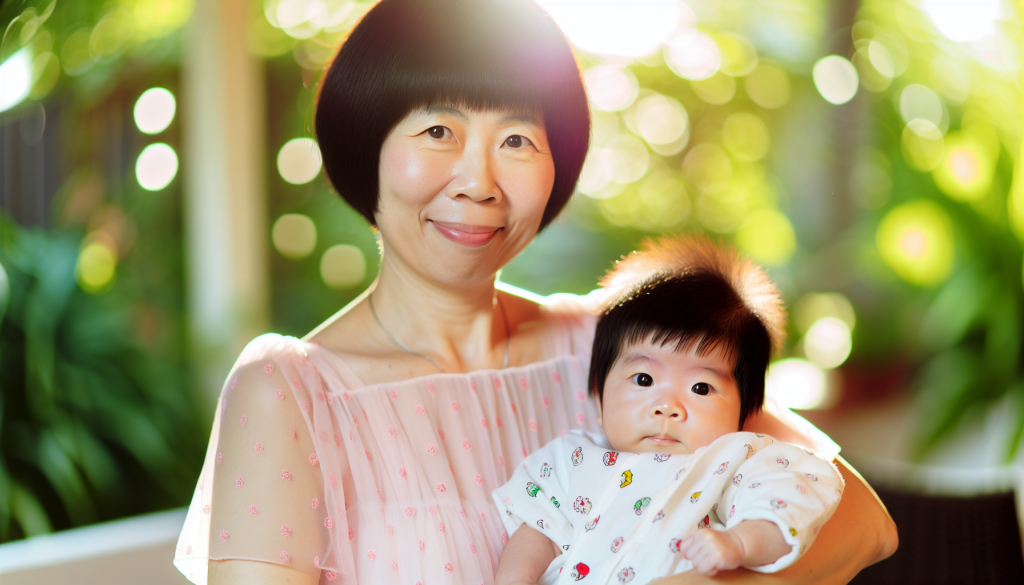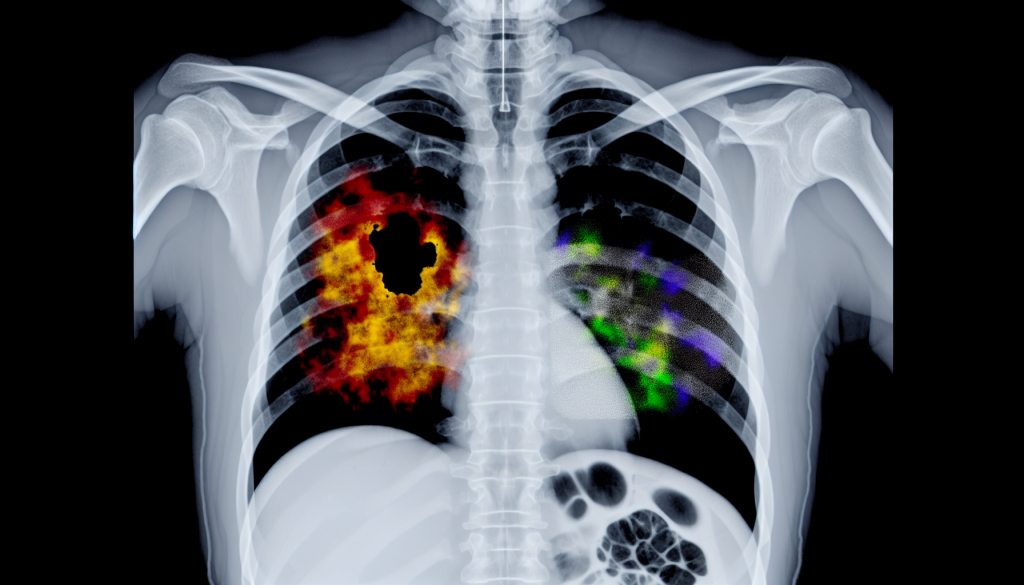Breastfeeding increases in Indonesia, yet mothers still lack crucial support

Jakarta, 1 August 2025 – In recognition of World Breastfeeding Week 2025, UNICEF and the World Health Organization (WHO) are underscoring the importance of enhancing support systems for breastfeeding mothers throughout Indonesia.
World Breastfeeding Week takes place globally from 1 to 7 August. In Indonesia, the campaign is extended to cover the entire month of August, with this year’s focus on: “Prioritize Breastfeeding: Create Sustainable Support Systems”.
UNICEF and WHO commend Indonesia’s continued efforts to protect, encourage, and foster breastfeeding practices. The percentage of infants exclusively breastfed during their first six months has shown notable growth, climbing from 52% in 2017 to 66.4% in 2024. Still, many babies do not benefit from exclusive breastfeeding for the full recommended period.
Having consistent and long-term support helps mothers receive timely assistance wherever they are—whether at home, at work, or within their community. Support measures include professional guidance from trained healthcare providers, breastfeeding-supportive policies in the workplace, and community-based resources.
“Investing in supportive structures for breastfeeding generates an essential safety net so that mothers don't face their challenges alone,” said Maniza Zaman, UNICEF Representative in Indonesia. “When women have the help they need to breastfeed, the benefits extend far beyond the mother and infant—they strengthen families, improve public health, and contribute to national growth.”
“The progress Indonesia has made in exclusive breastfeeding reflects a shared dedication from families, the health sector, and society,” stated Dr N. Paranietharan, WHO Representative to Indonesia. “By providing stronger support, we can ensure that every mother has what she needs to breastfeed exclusively for six months, offering her baby the healthiest possible start in life.”
Breastfeeding is the baby’s first defense and primary source of nourishment. Both WHO and UNICEF advise that newborns begin breastfeeding within the first hour after birth and continue exclusively for six months without other food or drink.
Research reveals that breastfeeding enhances a child's brain development by 3–4 IQ points, helps prevent obesity, and provides lifelong protection against chronic illnesses. Babies who do not receive breast milk are up to 14 times more likely to die before their first birthday compared to babies who are exclusively breastfed in their early months.
Breastfeeding also offers environmental benefits, unlike formula production, as it reduces carbon emissions and limits waste from packaging materials.
UNICEF and WHO urge collective action from all sectors—government, businesses, healthcare institutions, and communities—to strengthen support for breastfeeding moms. Recommended steps include:
• Broaden access to professional breastfeeding counselling through clinics, local services, and online platforms such as tele-counselling initiated by the Ministry of Health.
• Ensure all maternity facilities implement the Ten Steps to Successful Breastfeeding as promoted by the Baby-Friendly Hospital Initiative.
• Enforce the International Code of Marketing of Breast-milk Substitutes to shield families from unethical advertising practices.
• Include breastfeeding education in medical and nursing training programs.
• Promote family-oriented policies such as paid maternity leave, breastfeeding-friendly workplace amenities, and flexible job arrangements.
